Why Budget Committee is both right and wrong on Uganda Airlines funding
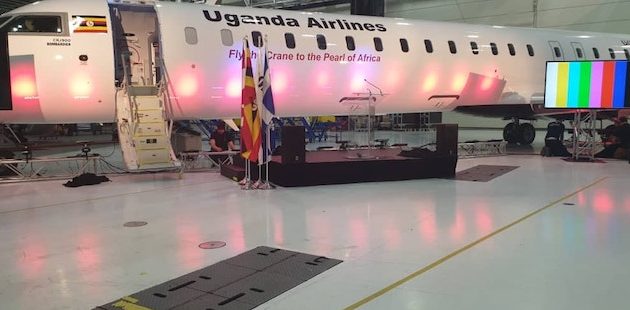
This past week, the House Budget Committee declined to sign off UGX 37 billion that its sister committee, the Infrastructure Committee had earlier approved to cover Uganda Airlines anticipated ground handling bill.
The Budget committee gave two reasons for its decision – the national carrier should have a substantive board in place for accountability; it should take over the ground handling business at Entebbe International Airport.
On their insistence on a fully functional management structure, the MP’s were on the money. But their reading of ground handling at Entebbe and the UGX37 billion price tag, betrayed a misunderstanding of some facts. To make sense of this request, one has to look at Uganda Airlines in the context of its network.
According to available information, the national carrier plans to operate 21 routes using four aircraft during its first year. That means that besides its Entebbe base, Uganda Airlines will need to pay for ground handling at 21 stations outside Uganda. At base, the carrier has been given a ground handling license for itself and any other airline it may be able to sign up.
At a projected 83 flights weekly, Uganda Airlines will be the largest operator out of Entebbe. At that rate, savings accruing from self-handling at base will be in the region of $ 2 million or UGX 7.4 billion annually. But the carrier will need to kit up, hire and train people before it can perform ground handling. To realise the MP’s goal of self-handling by the carrier therefore, part of the UGX 37 billion needs to be released so that handling infrastructure can be set up.
It is as erroneous to imagine that all this money will be gifted to ENHAS as it is to think that ENHAS must be disbanded before Uganda Airlines can make a profit. It is also necessary to point out that it should be little comfort if Uganda Airlines profits simply came from ground handling because that will simply mask the fact that the airline is actually loss making.
Earnings from ground handling fall into a class called ancillary or supplementary revenue. That is no different from the money an airline makes from running duty free shops. While it is welcome, it is not the core business of the airline and the carrier can only make a business case if it is making money from its core business of carrying passengers and cargo.
ENHAS’s continued existence and competition in ground handling is necessary because it will make Entebbe more cost-competitive and therefore attractive to more airlines.
Air transport is a capital intensive business. It is going to need brave hearts who will not flinch at spending money as and when it is needed if Uganda is to have a fighting chance in this cutthroat business. An emotional rather than intelligent approach to budget appropriation is going to kill this airline even before it is airborne. The choice is simple. Either fund Uganda Airlines as a scheduled carrier or turn it into a leasing operation.

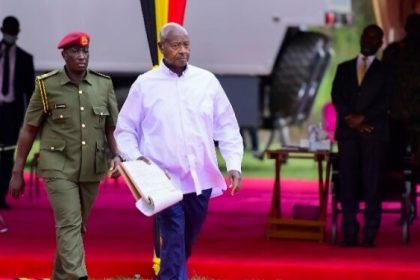 Why we beg to differ with President Museveni on permanent terms pronouncement
Why we beg to differ with President Museveni on permanent terms pronouncement
 Sobi’s gang is fragmenting, here is why that is bad for you
Sobi’s gang is fragmenting, here is why that is bad for you
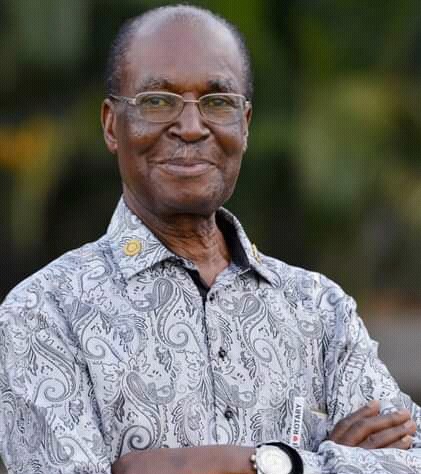 Henry Kisajja Kyemba: An enigma fades into the sunset
Henry Kisajja Kyemba: An enigma fades into the sunset
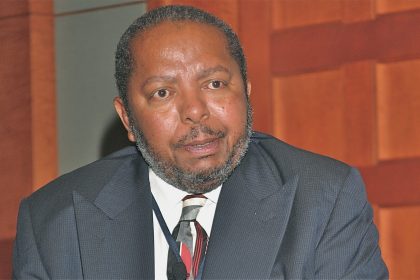 Emmanuel Tumusiime- Mutebile: The passing of an economic titan
Emmanuel Tumusiime- Mutebile: The passing of an economic titan
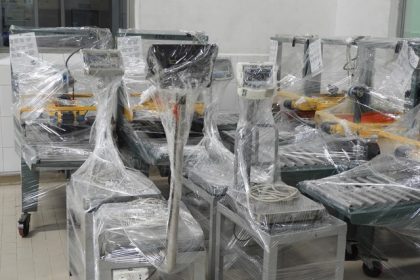 Why currency manipulation might be a better tool for Kenya, than bans in trade war with Uganda
Why currency manipulation might be a better tool for Kenya, than bans in trade war with Uganda
 Navigating the Kenya-Uganda milk impasse: Lessons from rice show us the ugly flipside of protectionist policies
Navigating the Kenya-Uganda milk impasse: Lessons from rice show us the ugly flipside of protectionist policies
